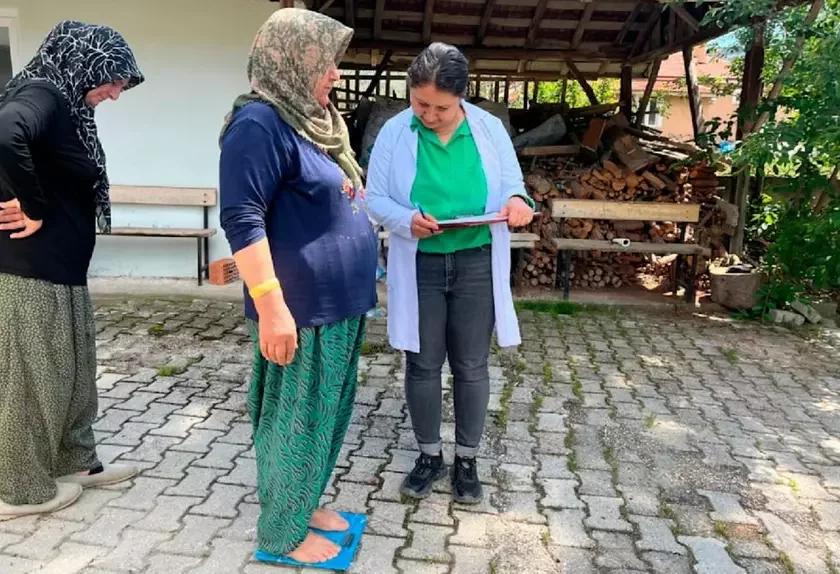Turkey has rolled out a controversial nationwide effort to tackle rising obesity by weighing citizens in public spaces. Health workers stop people on streets, in malls, and parks to check their Body Mass Index (BMI).
Those with a BMI over 25 are referred to clinics for weight management advice.
The government aims to screen 10 million people by July 10 as part of this initiative.
While the campaign is meant to raise awareness about the health risks linked to excess weight, many citizens and observers have criticized the approach.
Critics argue that publicly weighing individuals is invasive and humiliating, especially as Turkey grapples with economic hardships like soaring food prices and stagnant wages.
There are also concerns about privacy, consent, and how personal health data will be protected.
The timing is notable — Turkey has one of Europe’s highest adult obesity rates, with nearly a third classified as obese. Experts link this trend to lifestyle changes compounded by economic struggles that limit access to healthy food choices.
Adding a humanizing touch, Turkey’s Health Minister Kemal Memişoğlu joined the campaign by getting his BMI checked publicly. He admitted he was slightly overweight and joked about needing a dietitian, showing that even leaders aren’t immune.
Overall, while the government’s intentions to promote healthier living are clear, the campaign’s public nature has ignited a broader conversation about respect, privacy, and addressing the root causes of obesity beyond just numbers on a scale.

